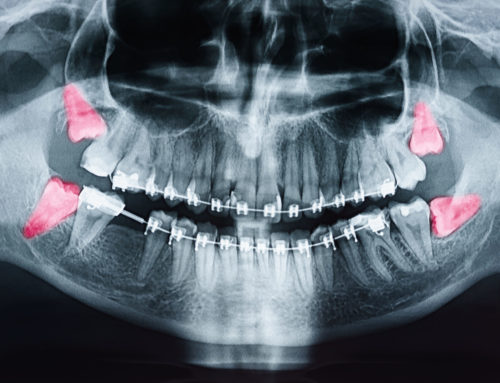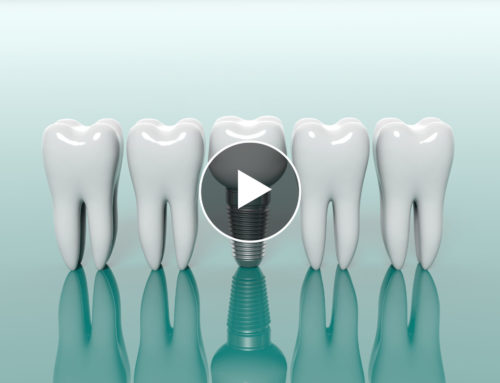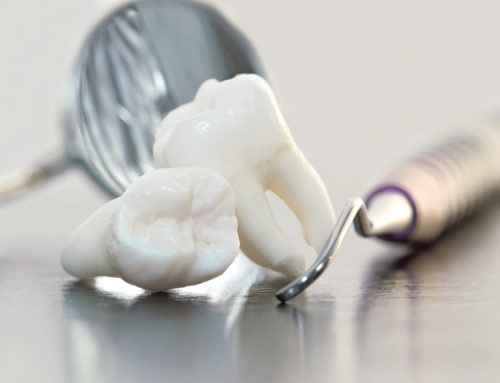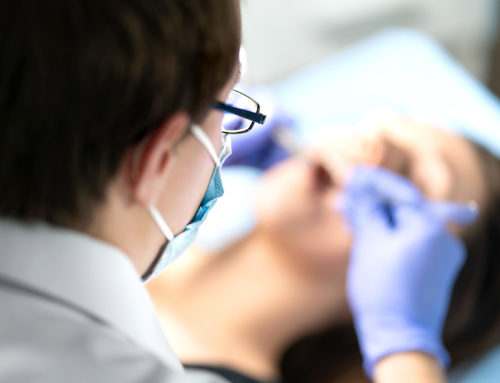 Oral and maxillofacial surgeons are different from your family dentist. The services they provide are more in depth and larger than the procedures provided by your family practice dentist. The services provided are unique even among dental specialists.
Oral and maxillofacial surgeons are different from your family dentist. The services they provide are more in depth and larger than the procedures provided by your family practice dentist. The services provided are unique even among dental specialists.
After your oral surgeon completed the standard four years of dental school, they then went on to complete another four years in a hospital-based residency program specifically for mouth, jaw and head related reconstruction and surgery.
In a hospital residency, they are trained alongside other medical residents in the various techniques of emergency medicine, general surgery and the varying forms of anesthesiology. In fact, an Oral Surgeon is the only health care specialists, besides an anesthesiologist, who is authorized to administer all levels of sedation, including general anesthesia.
What does maxillofacial mean?
Maxillofacial is in reference to the jaw or face. Oral and Maxillofacial Surgery is a specialty through the American Dental Association, it includes the diagnosis, surgical and everything attached to the treatment of either diseases, injuries or congenital defects of the hard and soft tissues of the oral and maxillofacial region for both functional and aesthetic purposes.
What procedures are performed by an Oral Surgeon?
Procedures including those listed below are performed by an Oral Maxillofacial Surgeon.
- The extraction of teeth, including wisdom teeth or third molars.
- The placement of tooth implants for the replacement of missing teeth.
- Reconstructive oral surgery, including impact injury or following oral cancer removal.;The repair of cleft lips and cleft palates.
- Preparing your gum ridge for the placement of denture appliances.
- The placement of bone grafts preceding corrective surgery.
- Corrective surgery for patients with obstructive sleep apnea.
Many family dentists are familiar with some of the above surgical procedures, but only an Oral Surgeon has completed the necessary training and education to put your mind at ease that you are getting the procedure done correctly. Please contact us if you have any questions about the different between an oral surgeon and  family dentist.





